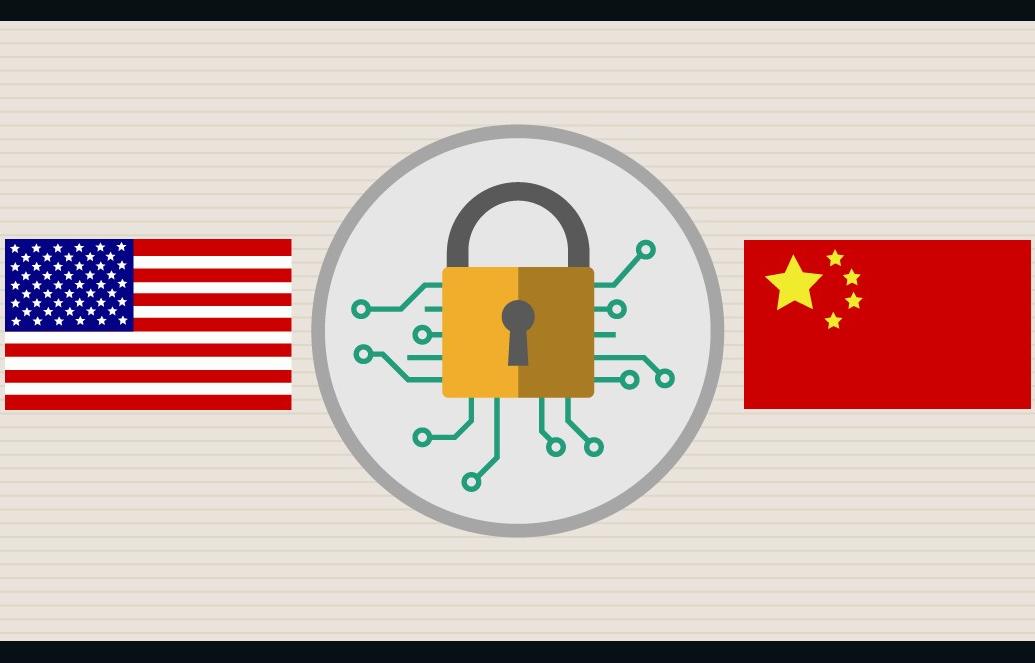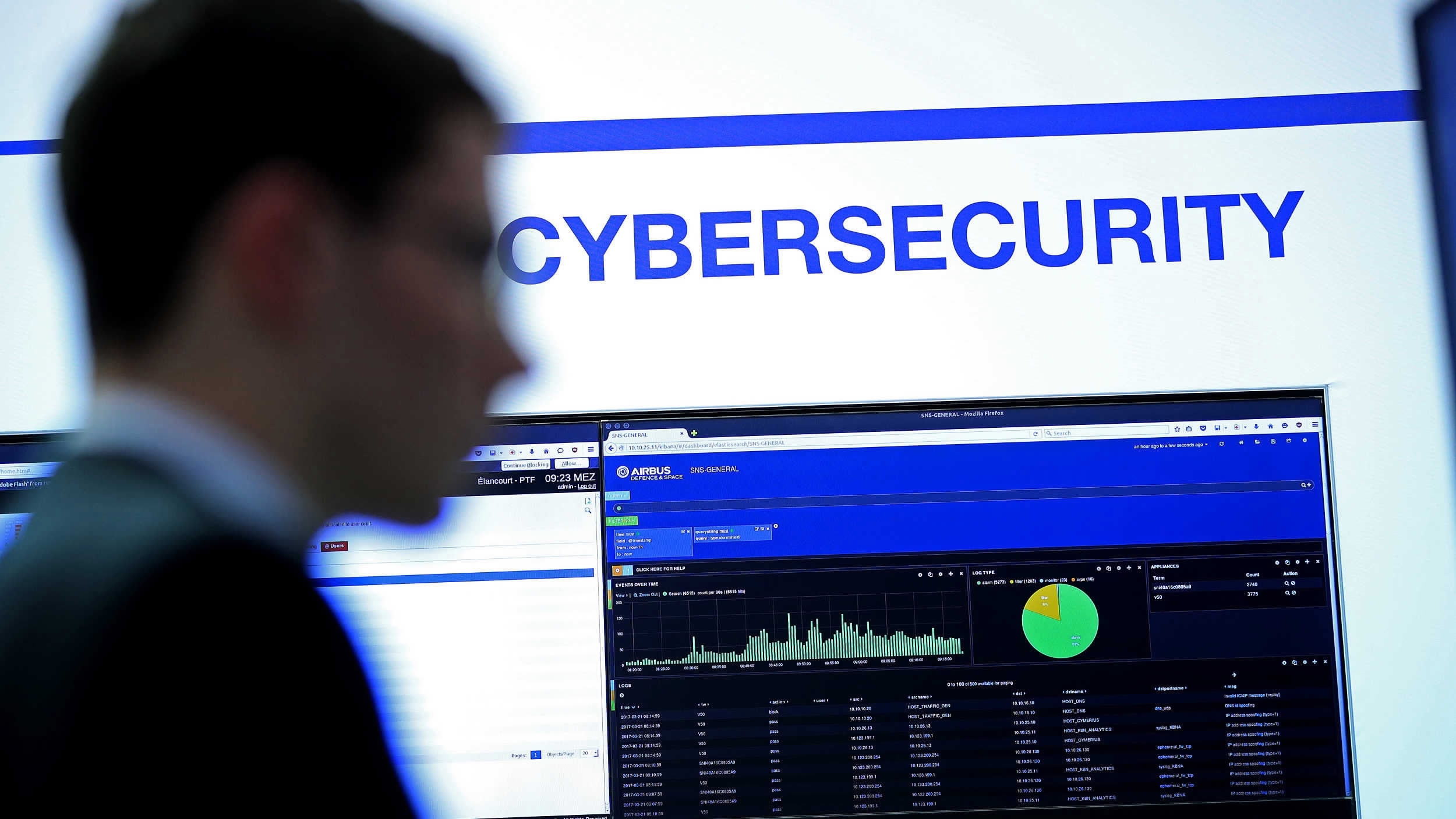BBC,
Jan 11, 2018
Apple's iCloud services in mainland China will be operated by a Chinese company from next month, the tech giant has confirmed.

Ruoxi Bi, MA Candidate, New York University
Jan 11, 2018
Is the repeal of net neutrality in the U.S. moving the country closer to a Chinese system of internet monitoring?
Jan 03, 2018
Tencent Holdings’ WeChat, China’s most popular messenger app, on Tuesday denied storing users’ chat histories, after a top businessman was quoted in media reports as saying he believed Tencent was monitoring everyone’s account.

Lu Chuanying, Fellow and Secretary-general of the Research Center for the International Governance of Cyberspace, SIIS
Dec 29, 2017
Cybersecurity has been a complicated and thorny issue in China-US relations ever since the Obama administration. How will China and the US manage cyberspace under Trump Era?
Dec 28, 2017
One of China’s largest cities will allow residents to link their national identity cards to the ubiquitous mobile messaging and social-media app WeChat using facial recognition, further enmeshing Chinese consumers into Tencent’s technology ecosystem.

Li Zheng, Assistant Research Processor, China Institutes of Contemporary International Relations
Oct 23, 2017
In terms of promoting cooperation on other issues, cybersecurity cooperation is now playing the role that climate change did during the Obama administration.
Oct 09, 2017
China has denied responsibility for alleged cyber attacks in the United States appearing to target exiled tycoon Guo Wengui, who has levelled corruption allegat
Oct 09, 2017
China has denied responsibility for alleged cyber attacks in the United States appearing to target exiled tycoon Guo Wengui, who has levelled corruption allegat

Zhao Weibin, Researcher, PLA Academy of Military Science
Oct 09, 2017
Since China joined the internet in 1994, China-US cyber relations have gone through three stages. What might the fourth stage look like?
Oct 04, 2017
The U.S. Department of State announces that the U.S.-China Law Enforcement and Cybersecurity Dialogue (LE&CD) will be held in Washington, DC, on October 4, 2017
Back to Top

- China-US Focus builds trust and understanding between the U.S. and China through open dialogue among thought leaders.
- Our Offerings
- Topics
- Videos
- Podcasts
- Columnists
- Research Reports
- Focus Digest
- Stay Connected
-
Thanks for signing up!
- Get the latest stories from China-US Focus weekly.